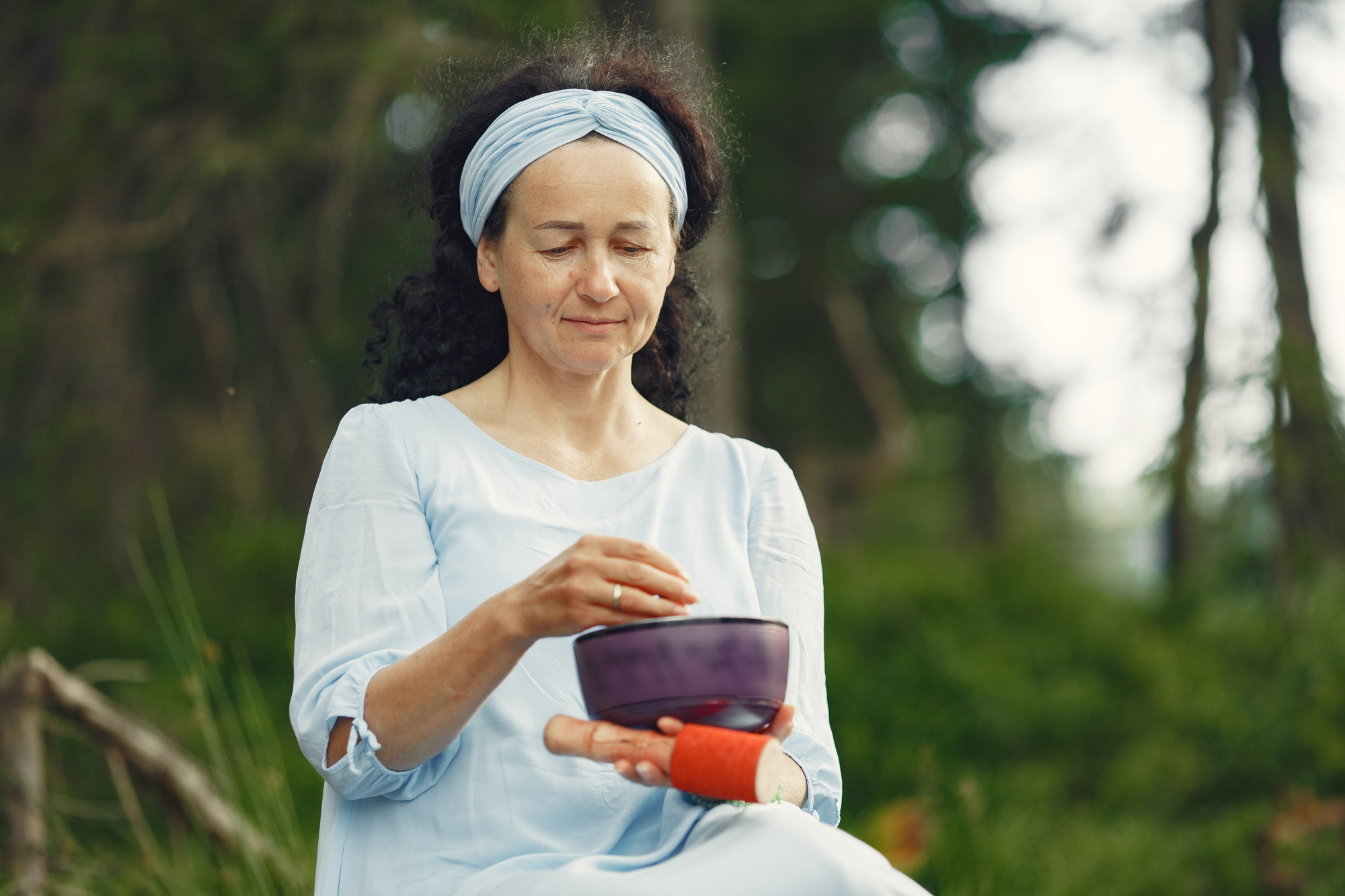At 46, Rekha*, a busy entrepreneur, began noticing unusual shifts—sudden hot flashes, restless nights, and mood swings that seemed to appear out of nowhere. At first, she blamed it on stress, but irregular cycles and “brain fog” told another story: she was entering perimenopause.
Menopause and its transition phases are natural milestones in a woman’s life, yet they often remain misunderstood or even stigmatized. With the right knowledge, medical support, and holistic practices like Ayurveda, women can embrace this change with confidence, balance, and renewed strength.
What is Perimenopause and When Does It Begin?
- Perimenopause is the phase leading up to menopause, usually beginning in the early to mid-40s.
- It may last several years, during which periods become irregular, and symptoms gradually appear.
- Premature Ovarian Insufficiency (POI) or early menopause can affect women under 40, sometimes due to genetics, autoimmune issues, or medical treatments. This condition needs careful medical and holistic attention, as it may increase long-term risks like osteoporosis and heart disease.
Recognizing these changes early can make the transition smoother and healthier.
Common Symptoms of Menopause
Every woman’s journey is unique, but the most common signs include:
- Hot flashes and night sweats
- Disturbed sleep or insomnia
- Mood swings, anxiety, or irritability
- Memory lapses and “brain fog”
- Fatigue and reduced energy
- Joint pain and stiffness
- Weight gain, especially around the abdomen
- Vaginal dryness and reduced libido
Understanding these symptoms helps women take proactive steps—rather than suffering silently.
Healing Approaches: Medical and Ayurvedic Support
Medical Options
- Hormone Replacement Therapy (HRT): Effective for symptom relief and protection against bone and heart diseases. Recommended only when symptoms are significantly affecting life quality.
- Emerging Treatments: In special cases of POI, advanced therapies like stem cell or PRP ovarian rejuvenation are being explored.
Ayurvedic Wisdom for Menopause
Ayurveda views menopause not as a disease but as a natural transition of doshas (energies). Imbalance of Vata, Pitta, or Kapha can influence how symptoms appear.
Holistic Ayurvedic tips:
- Diet: Favor warm, nourishing foods; include ghee, sesame seeds, whole grains, and seasonal fruits.
- Herbs:
- Shatavari – supports hormonal balance and vitality
- Ashwagandha – calms anxiety, boosts energy, improves sleep
- Triphala – aids digestion and detoxification
- Shatavari – supports hormonal balance and vitality
- Lifestyle: Gentle yoga, pranayama, meditation, and daily oil massage (Abhyanga) reduce stress and balance hormones naturally.
- Sleep Rituals: Golden milk (turmeric with warm milk) at bedtime, early dinner, and digital detox before sleep.
Emotional and Cultural Aspects
In many cultures, menopause is whispered about, leading women to suffer in silence. Yet it should be seen as a phase of empowerment—a chance to embrace wisdom, creativity, and freedom from menstrual cycles.
Some women may feel anxiety or loss of femininity, while others find relief. Open conversations with family, doctors, or support groups make the transition easier and healthier.
Ayurveda’s Message: Embrace the Change
Menopause is not an ending—it is a rebirth into a wiser, calmer, and more centered self. Ayurveda teaches us that by nurturing body, mind, and spirit, women can navigate this stage with strength and serenity.
Menopause is a natural journey—one that does not need to be feared or suffered in silence. With a blend of modern medical insights and Ayurvedic care, every woman can thrive in this new chapter of life. At Dr. Anjali’s Ayurveda, we specialize in guiding women through perimenopause and menopause with personalized Ayurvedic therapies, herbal formulations, and holistic lifestyle plans.
Book a consultation today and step into this new phase with balance and confidence.

Comments are closed